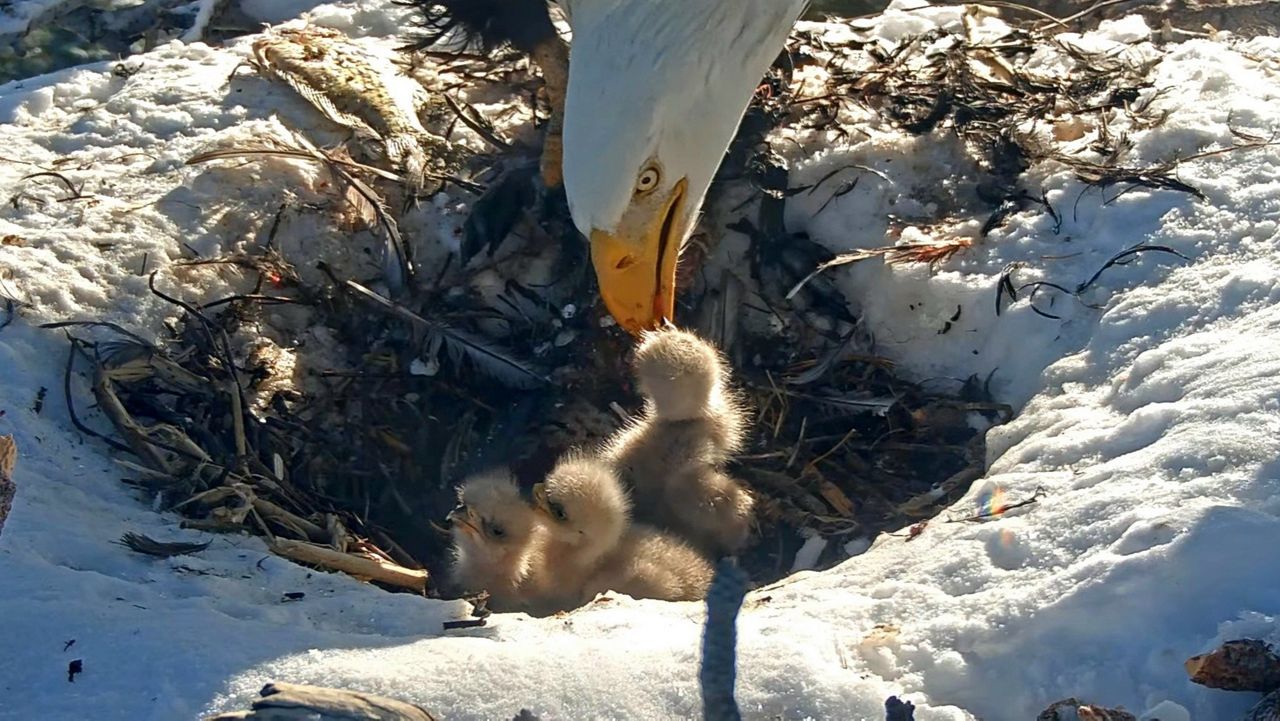SAN DIEGO — A study from earlier this year found contaminants that were banned decades ago can still be found in food sources (stranded marine mammals) for the critically endangered California condors.
There were more chemicals found in food sources located in California compared to those in Baja California.
Blood tests from wild California Condors revealed the birds also showed more contaminants vs. ones from Baja California.
A group at the San Diego Zoo Wildlife Alliance, in partnership with San Diego State University, have also found the contaminants can cause a spike in activity with an estrogen protein that regulates reproduction.
According to researchers, there are only a couple hundred California condors in the wild, and a couple hundred in managed captivity.











